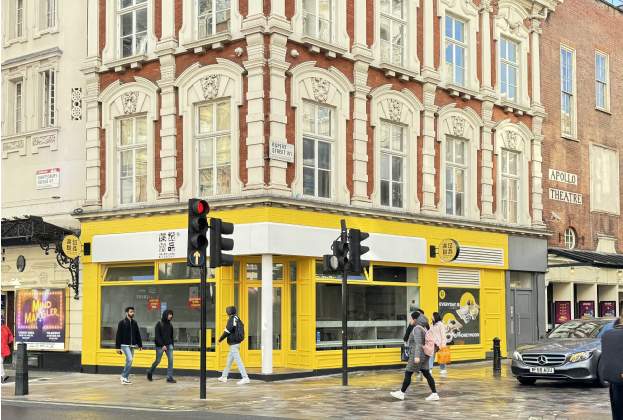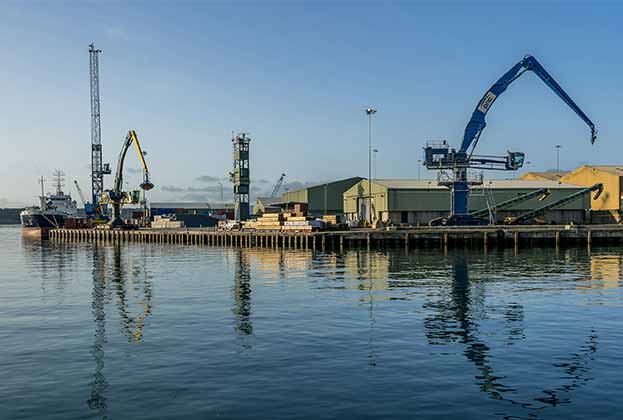2022 was an interesting year for the licensed leisure market. The second half of 2022 saw an intensification of the challenges that has started to play out as a result of the pandemic and the war in Ukraine resulting in rampant inflation. The Bank of England reacted by continually increasing interest rates from 0.25 to 3.50 per cent and the economic headwinds were exacerbated by political uncertainty.
However, it’s not all doom and gloom. Pub operators reported resilient performance at the start of the year with City Pub Group, Marston’s, Fuller’s, Mitchells & Butlers and Punch Pubs all reporting an increase in like-for-like sale in their latest trading updates in January. So what are some of the key themes to impact the market this year?
Availability and cost of debt
The ominous iceberg lurking on the horizon is the availability and cost of debt, particularly as some Coronavirus Business Interruption Loan Schemes (CBILS) reach maturity adding further cost pressures for occupiers on top of higher running costs, paying business rates, and higher wages.
It’s likely we will start to see an increase in business insolvency, particularly in the leasehold market, led by the casual dining sector and possibly some consensual sales of freehold assets in the private and SME public house market to satisfy debt obligations. However, those operators that have evolved with changing consumer demands will be better placed to capture business post-Covid-19.
With changing demand, what can pubs do differently?
The pandemic created an environment where landlords and operators were pushed to innovate to survive. This led to several changes within venues including ‘instagrammable’ areas and an increased focus on outdoor areas and technology, with higher end and more functional outdoor areas being developed and technology adopted to allow for food and drink being ordered through a mobile app. What this shows is that the challenge of extreme market conditions brings about change and those operators that have adapted will be successful.
The ways in which consumers are spending their leisure time is also changing, with a focus on a smaller number but higher quality outings. Operators that provide good value for money combined with excellent customer experience will do well. It’s important to distinguish this from consumers wanting to spend less. While consumers are going out less frequently, they are valuing the experience they have and the service they receive more than ever before, and are willing to spend more per visit. As consumers become more careful about how they deploy their money, operators that can provide this excellent service and value offer will do well.
Flexing operating hours
There’s no denying hybrid working has impacted the performance of venues in the city centre where Mondays and Fridays are the slowest days in trading, which are linked to these also being the days where office workers tend to work from home. This has meant some operators have reduced their business hours to coincide with the lack of footfall on certain days in the week. We’ve seen measures introduced including reduced opening hours, closing kitchens during fallow periods, reduced staffing and reduced menu options with seasonal produce to help margin and protect working capital.
Further information
Occupational market: pubs, bars and clubs



.jpg)



